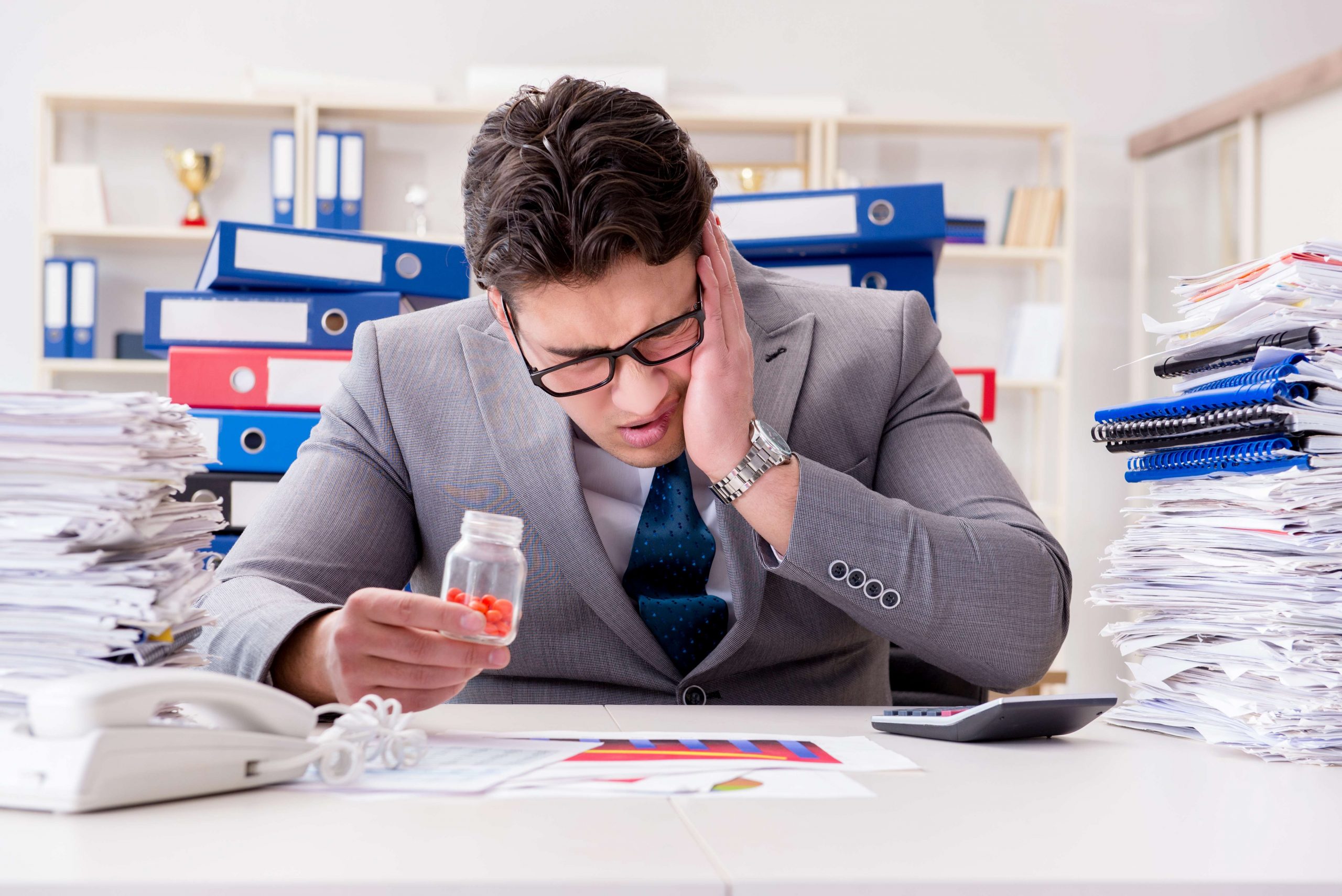Moreover, alcohol can affect the metabolism of nutrients essential for eye health, such as vitamin A. Deficiencies in these nutrients can lead to visual disturbances, including blurry vision. One possible explanation for blurry vision during a hangover is dehydration. Alcohol is a diuretic, which means it increases urine production and causes the body to lose fluids more rapidly than normal. When you’re dehydrated, the lenses in your eyes can become dry and less flexible, which can lead to difficulties focusing and blurry vision. Additionally, dehydration can also cause a decrease in tear production, leading to dry eyes and further exacerbating the problem.
Alcohol consumption can cause blood vessels to expand, including those in the eyes. This can lead to red, bloodshot eyes and contribute to blurry vision. Changes in blood flow can also affect the delivery of oxygen and nutrients to the eyes, further compromising their function and causing blurry vision. Blurry vision is common and can result from relatively minor conditions such as a migraine or eyestrain. It can also be a side effect of a serious condition that requires immediate treatment.
Sensitivity to Light
Additionally, alcohol can affect the coordination of eye movements, making it harder to focus and see clearly. You could have dry eyes if your vision improves when you blink. With a condition like multiple sclerosis, the immune system may attack the optic nerve, causing optic neuritis. In addition to blurry vision, sight may become dim, colors appear faded and there may be pain in the back of the eye socket when you move your eyes. There are a host of other symptoms that you might have with the pain, including blurry vision and sensitivity to light. You may feel these signs even before a migraine starts, and they may last until it’s over.

You may also need to adjust your eating schedule to eat more frequent small meals throughout the day. In addition, low blood sugar may trigger a migraine episode in people prone to the condition. These conditions are known as hyperglycemia and hypoglycemia, respectively. Keratitis is the inflammation of the cornea, which is the clear outer layer covering the front of the eye. This can cause blurry vision, as well as swelling, redness, pain, and sensitivity to light. While keratitis can be caused by an infection, it can also develop in response to allergies, an injury, dry eye, or medications that suppress the immune system.
Why Is My Vision Blurry?
Do you often find yourself blinking, squinting, or rubbing your eyes to gain a clearer view? If you have blurry vision, you might chalk it up to age or needing new glasses. Hangovers after a single night’s drinking go away on their own. Talk with your healthcare professional if you’re concerned that frequent heavy drinking may lead to serious problems, such as alcohol withdrawal. The disease, after long-term substance abuse, will result in vision loss.
20 Medications You Should Never Mix With Alcohol – Prevention Magazine
20 Medications You Should Never Mix With Alcohol.
Posted: Thu, 19 Apr 2018 07:00:00 GMT [source]
We’ve all been there – waking up after a night of heavy drinking with a pounding headache, a queasy stomach, and blurry vision. While blurry vision can be a symptom of a hangover, it is not a universal experience for everyone who drinks excessively. Some individuals blurry vision hangover may be more prone to experiencing this symptom, while others may not experience it at all. Factors such as individual tolerance to alcohol, hydration levels, and overall health can play a role in determining whether or not blurry vision occurs during a hangover.
Dry Eyes
After graduating top of his class with a Bachelor of Science in Informational Technologies and Administrative Management, he joined Rebuild Your Vision in https://ecosoberhouse.com/ 2002. The main symptom is blind spots in your vision that gradually get bigger. Eventually, they will lead to total blindness that cannot be reversed.

But the only guaranteed way to prevent a hangover is to not drink alcohol. A single alcoholic drink is enough to trigger a hangover for some people, while others may drink heavily and not have a hangover. However unpleasant, most hangovers go away on their own, though they can last up to 24 hours. If you choose to drink alcohol, doing so responsibly can help you stay away from hangovers. Take the time to let your body recover and get back into its normal rhythm. This can help improve overall eye health and reduce any vision disturbances.


